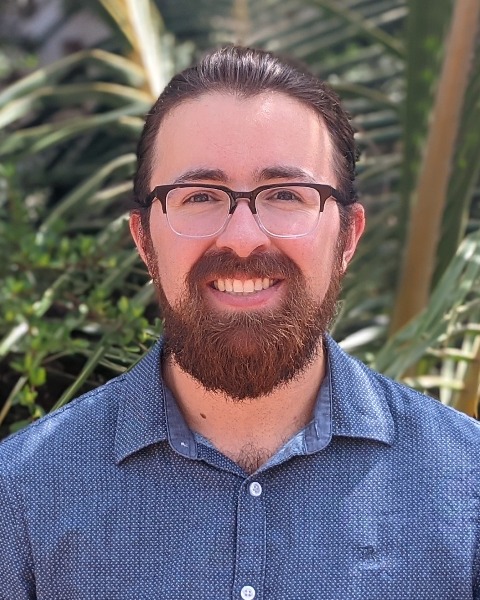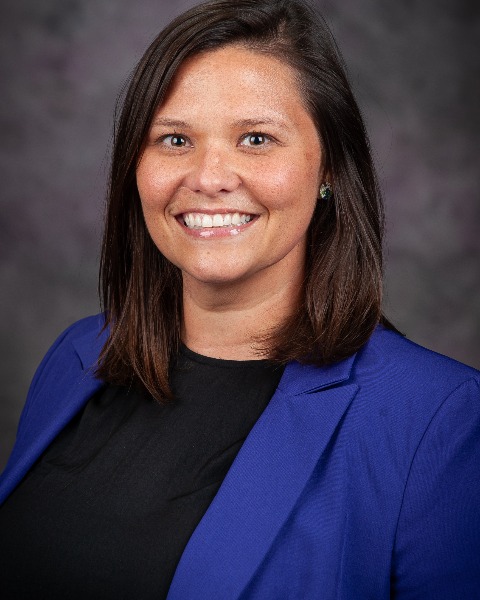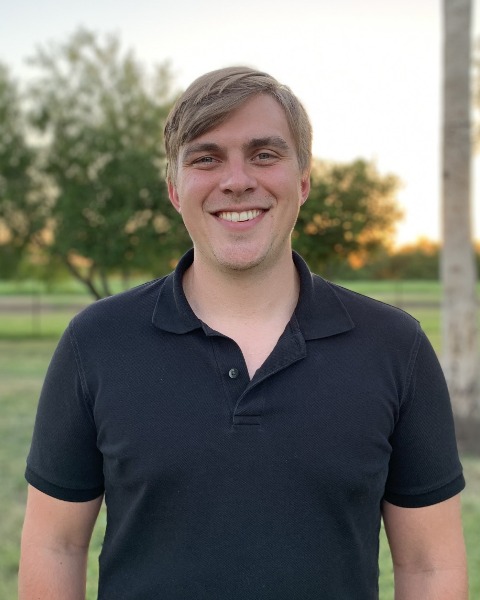Community Development
From Data to Dialogue: Storytelling's Role in Localized Development Evaluation
-

Ian Schwenke (he/him/his)
MEL Advisor
Nuru International
Washington, District of Columbia, United States -

Dena Bunnel, MSc (she/her/hers)
PhD Candidate in Security Studies
Kansas State University
Manhattan, Kansas, United States -

Thomas Boswell, MA (he/him/his)
Social Science Researcher
University of Texas Austin, Ray Marshall Center for the Study of Human Resources, Texas, United States
Presenter(s)
Location: Room 206
Abstract Information: Evaluation involves collecting and analyzing data to understand the impact of programs and initiatives, often from a perspective foreign from those implicated by the data. Data alone, therefore, cannot tell the entire story. This panel presentation will explore the power of storytelling in evaluation in Northeastern Nigeria, and how stories can enhance our understanding of the impact of programs on local communities. The panelists bring a diverse range of backgrounds to the discussion. Including the MEL specialist from Nuru International, a PHD researcher in conflict and rural resilience at Kansas State University who worked with Nuru in Northeastern Nigeria for two years, and a social science researcher at the Ray Marshall Center for the Study of Human Resources who has facilitated a 5-year randomized control trial study of resilience in these communities. Throughout the presentation, the panelists will address questions such as: how have stories been used in their evaluations, or evaluations in their stories, and when have the stories they heard affected their evaluation choices? They will share specific examples of how storytelling has enhanced their evaluation efforts, such as using narrative data to highlight the impact of programs or using stories to engage stakeholders. Attendees will leave the presentation with a better understanding of how storytelling and anecdotal evidence from local staff and community development efforts can influence development programs in rural communities for underserved populations, using the example of Nuru Nigeria, and how they might incorporate storytelling into their own evaluation work.
Relevance Statement: The use of storytelling in evaluation has gained increasing attention in recent years as a complementary approach to traditional quantitative and qualitative methods. This panel presentation on the power of storytelling in evaluation in Northeastern Nigeria sheds light on how storytelling can enhance our understanding of the impact of programs on local communities, which is of great significance in the field of evaluation, and the field of international development, where many organizations typically are confined in their evaluation techniques to meet the standards of larger donors and institutions that finance the field. Nuru International and Nuru Nigeria work in a very remote location of Adamawa Stata, Nigeria. All of the staff within Nuru Nigeria, an independently registered and run NGO, are Nigerian. Most of the staff, aside from being Nigerian by nationality, are also from the wards and villages where Nuru Nigeria targets its support to smallholder farmers. With this unique advantage in a field where much of the data collection and analysis is done by foreign contractors or firms, Nuru Nigeria has a distinct advantage in being able to collect input from local communities in the form of anecdotes and stories alongside robust evaluation and data collection methods. Given that these geographies are remote, linguistically varied, and often considered under tense security situations, there is not much external data available from these regions as comparison to what Nuru Nigeria is able to collect. In assessing the accomplishments of farmers in terms of incomes and yields, and their perceived resilience to shocks and stressors they are likely to experience, it is often not enough to simply rely on quantitative data points. On numerous occasions Nuru Nigeria has been able to complement data with stories from farmers on how yield increases have improved other aspects of life not targeted by Nuru programs, how SMS weather-prediction not only leads to knowing when to plant, but also knowing when to pour concrete or paint buildings, or how distribution of vitamins to rural populations has not only saved children's lives, but also may have led to plethora external impacts to resilience at the household level. These sorts of inputs work to personalize the data, and are reflected in program design. Anecdotes lead to understanding data, and that understanding of data leads to targeted evaluation and programming. In the field of international development where large multilaterals and governments drive the practices used in evaluation, it is important to consider how the qualitative inputs and local voices from those impacted can help to shape the sorts of methods accepted, and work to drive change and shift the balance of power in program design and evaluation.
Presentations:
-
9:15 AM - 10:15 AM ETNuru International Data Collection; What makes it unique, and how does Nuru incorporate local design in evaluation?
Presenter: Ian Schwenke (he/him/his) – Nuru International
-
9:15 AM - 10:15 AM ETPaint by number: how mixed methods research enriches quantitative data with qualitative stories to tell us more in fragile, complex environments
Presenter: Dena Bunnel, MSc (she/her/hers) – Kansas State University
-
9:15 AM - 10:15 AM ETQualitative evaluation of resilience; How to incorporate story-driven data into advanced social science evaluation
Presenter: Thomas Boswell, MA (he/him/his) – University of Texas Austin, Ray Marshall Center for the Study of Human Resources
